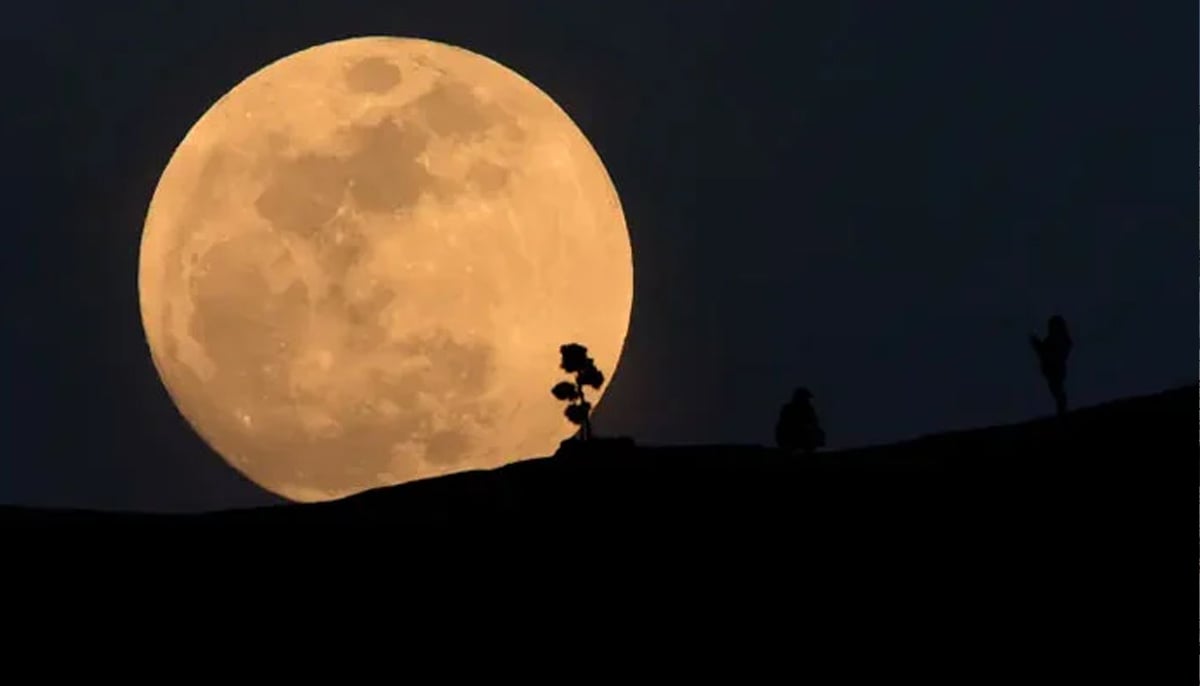Winter solstice: Pakistan observes longest night of year
Event brings longest night and shortest daylight hours when Northern Hemisphere tilted furthest away from sun

As winter deepens across the country, Pakistan witnesses the longest night of the year, also known as the winter solstice on December 21 (Saturday).
This will be the longest night for those living in the Northern Hemisphere region including Pakistan, a Space and Upper Atmosphere Research Commission (Suparco) spokesperson said in a statement.
This event falls annually on December 21 or 22 (depending on countries) for the Northern Hemisphere and brings the longest night and shortest daylight hours when the Northern Hemisphere is tilted furthest away from the sun.
This astronomical event results in reduced daylight hours and extended nighttime across the hemisphere, including Pakistan.
Suparco explained that the solstice highlights Earth’s orbital movement and tilt, which play a significant role in seasonal changes.
As the days following the solstice progress, daylight hours will gradually increase.
It is estimated that within two months, an additional hour of sunlight will be noticeable, positively impacting daily activities and routines, it added.
This celestial event serves as a reminder of Earth’s dynamic relationship with the sun, influencing both natural and human life on the planet.
However, what occurs for the night to become longer on this particular day? The answer is simple, the northern half of the Earth is titled furthest away from the sun, making the night the longest of the year, according to Al Jazeera.
Daylight duration will vary across countries of the hemisphere. London’s daytime is expected to last just seven hours and 49 minutes long. This is more than eight hours shorter than the longest day of the year.
Every day right after the winter solstice ends will start to get longer in the northern hemisphere until its summer solstice, the longest day of the year, between June 20 and 22.
Winter solstice also holds cultural values and sentiments for various people around the world. The celebrations are rooted in supernatural or folkloric significance of the day in olden times and for people in ancient times, the winter solstice marked a time of rebirth.







